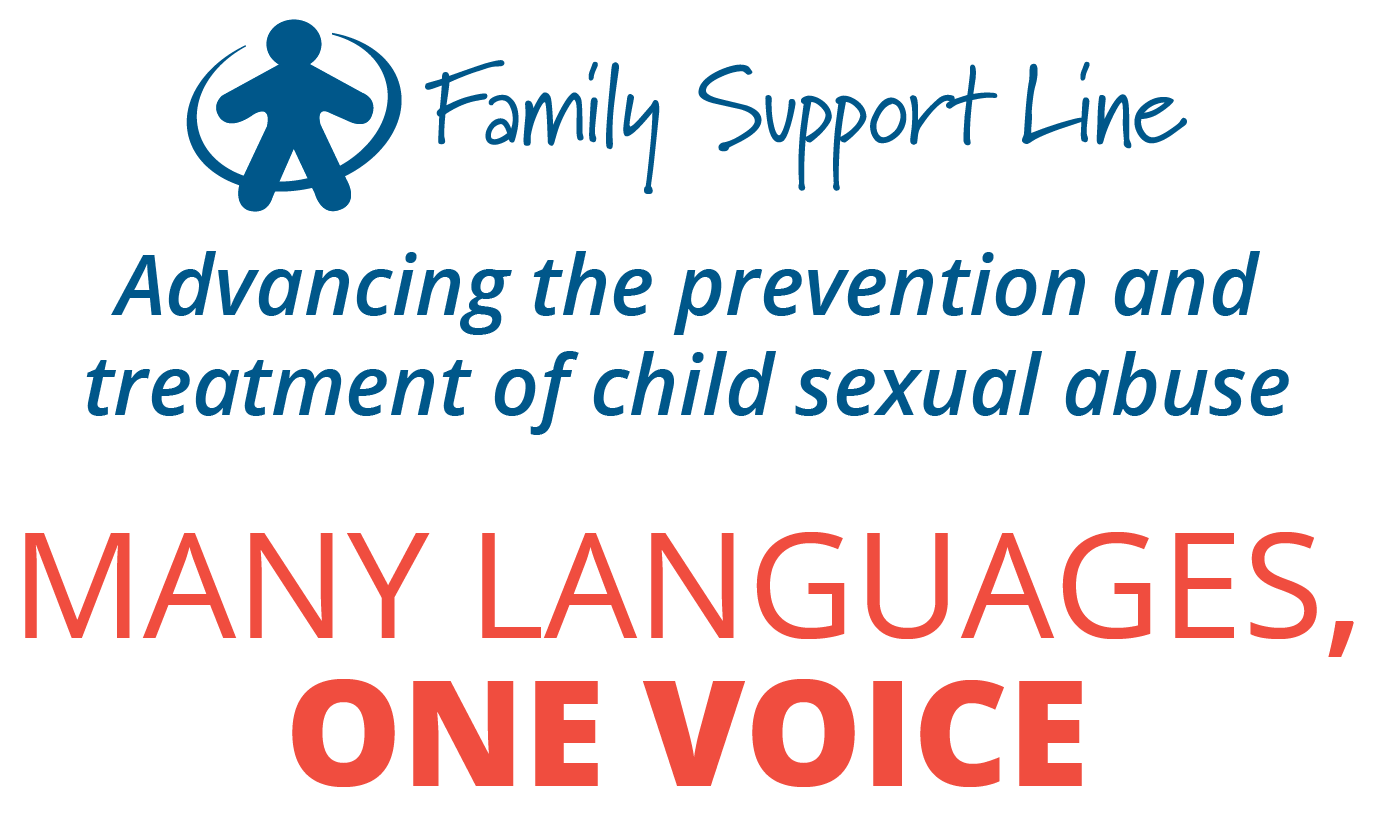Who sexually abuses children?
Most abusers don’t match the stereotype of the old man in a trench coat who lurks in the park or tries to lure kids into his car with candy or the tale of a lost puppy.
Warning children about “stranger danger” isn’t enough. Over 90% of the time, children are abused by someone they know.
Sexual abusers are often relatives or someone close to the child’s family (e.g., family friend, parent’s significant other). This makes the experience of sexual abuse even more complicated and traumatic. Some children are abused by persons who have authority over them, such as teachers, coaches, baby-sitter, or religious leader. From an early age, children are taught that they should to as they are told to by adults – and even older children. This makes them especially vulnerable to abusers who can use their power and status to silence a child by labeling the child “a liar” or “a trouble-maker,” or “disturbed.”
While some sexual abusers may only be sexually attracted to children, most are not. Many adult sexual abusers are married or involved in sexual relationships with other adults.
Don’t assume all sexual abusers are male. Females commit sexual abuse, too.
Some abusers are other children or teens. They may be neighbors, baby-sitters, classmates, siblings, or peers. In some cases, children who engage in abusive behavior are reacting to their own abuse (i.e., are “sexually reactive”). However, not all youth who engage in sexually abusive behavior have been abused. The good news is that abusive behavior in youth doesn’t mean that the abuser is destined to abuse in adulthood. You can learn more about sexually reactive and abusive youth and effective treatment for them here:



